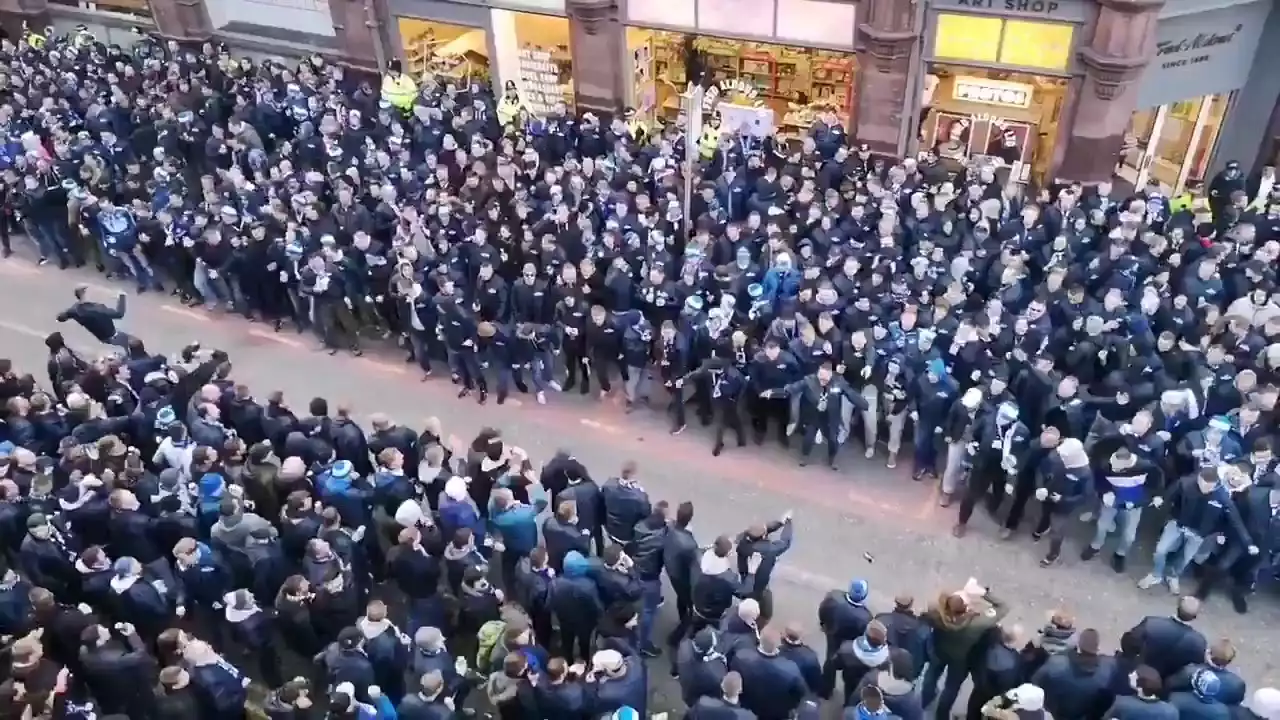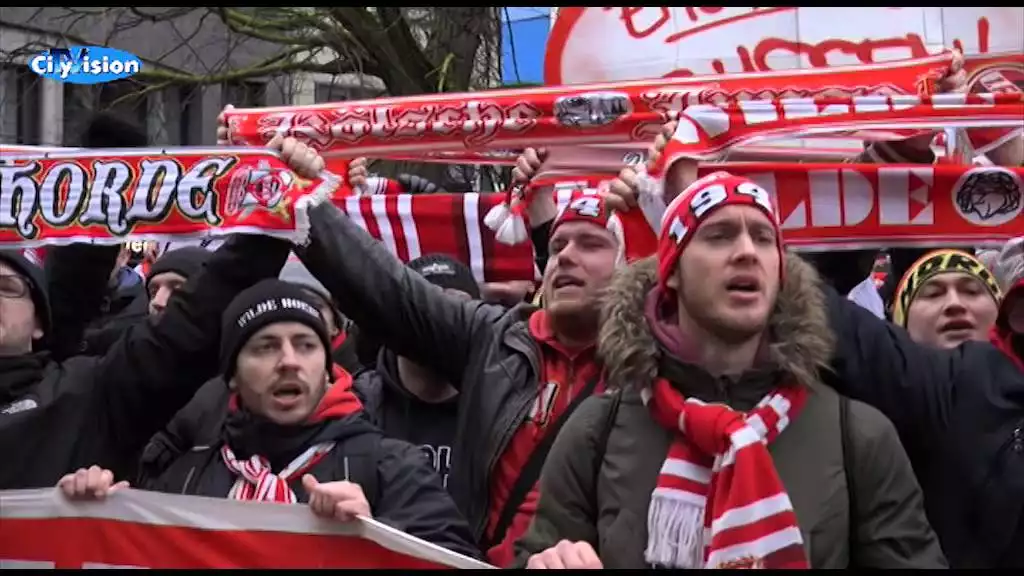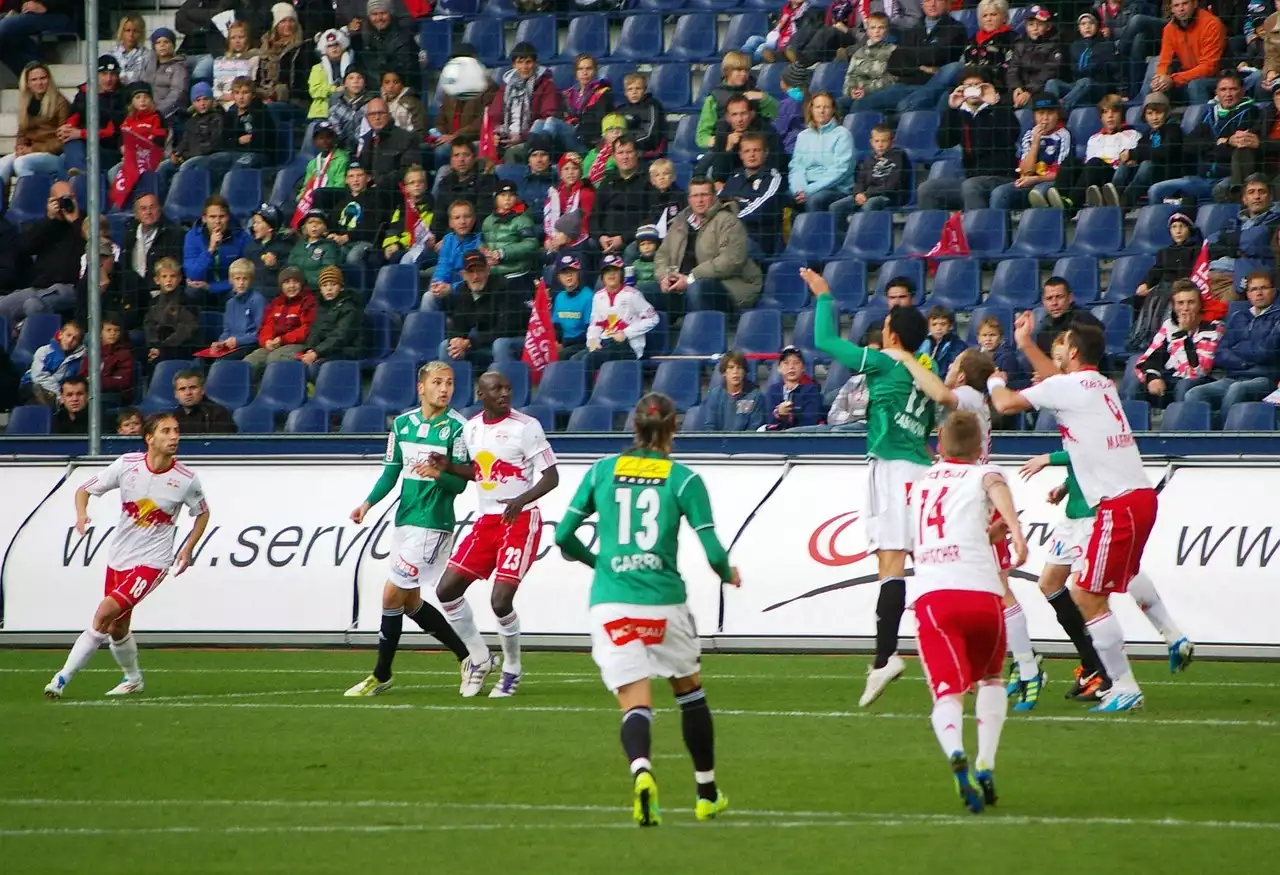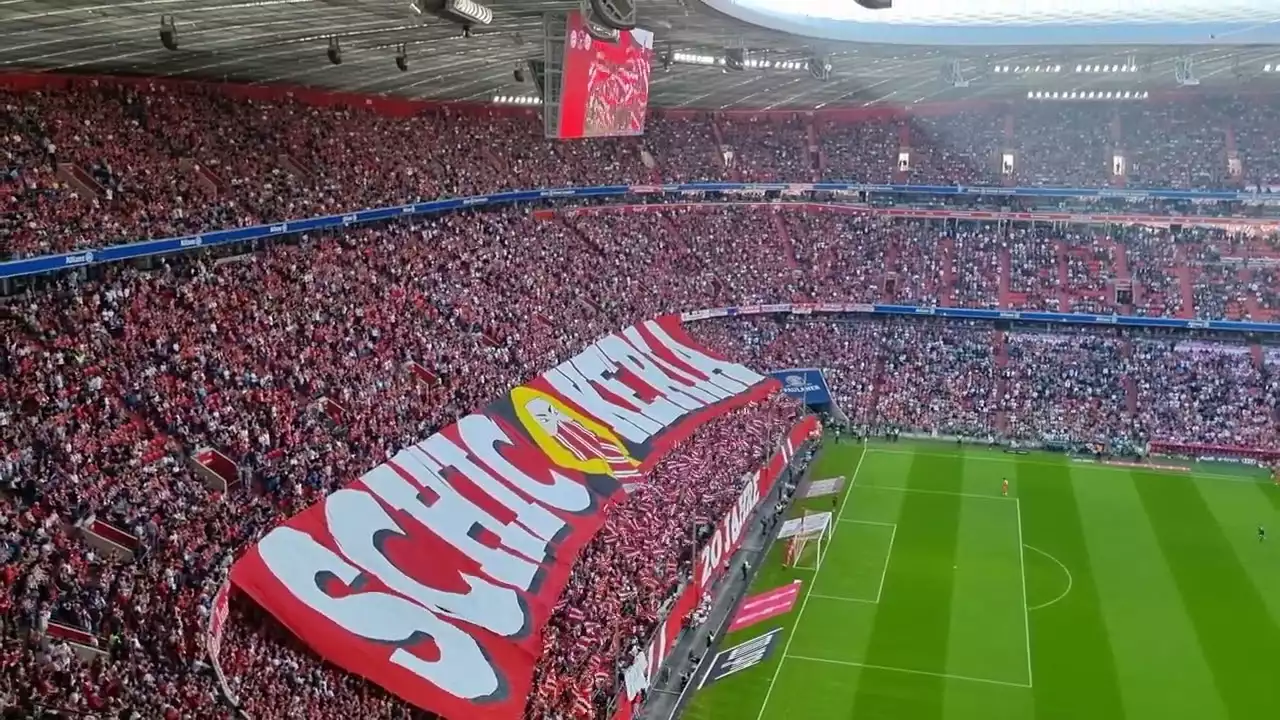The role of fans in football
Football is more than just a game; it is a cultural phenomenon that brings people together from all walks of life. Fans play a crucial role in creating an electric atmosphere in stadiums, cheering on their teams, and providing unconditional support. They are the lifeblood of the sport, adding an extra dimension to matches with their chants, banners, and passionate displays of loyalty. However, this fervor can sometimes cross the line into controversy, leading to incidents that tarnish the reputation of the game.
Fan incidents in the DFB Pokal are not limited to a particular team or region. They have occurred throughout the history of the tournament, involving both home and away supporters. The intensity of the competition often fuels these incidents, as fans invest their emotions and sometimes resort to extreme measures to support their teams. While the majority of fans are well-behaved and respectful, a small minority can cause havoc and disrupt the game for everyone involved.
The DFB Pokal has witnessed some truly shocking fan incidents, from violent clashes between rival supporters to the use of pyrotechnics inside stadiums. These incidents not only endanger the safety of players and spectators but also cast a shadow over the reputation of German football. It is essential to address these incidents and find ways to prevent them from occurring in the future, ensuring that the focus remains on the beautiful game itself.
Notable fan incidents in the history of the DFB Pokal
The 1984 DFB Pokal final and the "Schalke fans riot"
One of the most infamous fan incidents in the history of the DFB Pokal occurred during the 1984 final between Bayern Munich and Schalke. The match, held at the Waldstadion in Frankfurt, was marred by violent clashes between rival supporters. Schalke fans, frustrated by their team's loss, stormed the pitch, attacking Bayern players and officials. The riot resulted in numerous injuries and led to the match being abandoned.
The Schalke fans' riot had far-reaching consequences for German football. It exposed the dark side of fan behavior and raised concerns about the safety of players and spectators. The incident prompted a nationwide debate on how to prevent such incidents in the future, leading to stricter security measures and increased police presence at football matches. The DFB also implemented disciplinary actions against Schalke, imposing fines and banning the club's supporters from attending matches.
The 2011 DFB Pokal final and the "Dortmund fans' pyrotechnics"
In 2011, the DFB Pokal final between Borussia Dortmund and Bayern Munich was overshadowed by the actions of some Dortmund fans. Despite warnings from authorities, a group of supporters smuggled pyrotechnics into the Olympiastadion in Berlin. As the match progressed, they ignited flares and smoke bombs, creating a hazardous and chaotic atmosphere inside the stadium.
The Dortmund fans' use of pyrotechnics was not only a violation of safety regulations but also a clear display of unsportsmanlike behavior. It endangered the well-being of everyone present in the stadium, including players, officials, and fellow supporters. The incident sparked outrage and led to severe consequences for the club, including hefty fines, stadium bans, and increased scrutiny from authorities.
The 2019 DFB Pokal final and the "Leipzig fans' protests"
In 2019, the DFB Pokal final between RB Leipzig and Bayern Munich was marked by protests from Leipzig fans. Dissatisfied with the perceived commercialization of their club and the dominance of Bayern Munich in German football, Leipzig supporters displayed banners and staged demonstrations throughout the match. Their protests disrupted the flow of the game and drew attention away from the action on the pitch.
While the Leipzig fans' protests were not as violent as some of the previous incidents, they highlighted the power of fan discontent and the influence fans can have on the game. The incident sparked debates about fan ownership, the role of money in football, and the need for a more inclusive and fan-centric approach to the sport. It also prompted discussions about the delicate balance between expressing one's views and respecting the integrity of the game.
The impact of fan incidents on the DFB Pokal and German football
The fan incidents in the DFB Pokal have had a profound impact on the tournament and German football as a whole. They have forced authorities to reevaluate safety measures, implement stricter regulations, and increase security at matches. The incidents have also led to disciplinary actions against clubs and individuals involved, including fines, bans, and stadium closures.
However, the impact of these incidents goes beyond immediate consequences. They have affected the reputation of German football, raising concerns about the safety and integrity of the game. The incidents have also highlighted the need for better fan education and engagement, as well as a comprehensive approach to addressing the underlying issues that contribute to fan unrest.
Measures taken to prevent fan incidents
In response to the fan incidents in the DFB Pokal, various measures have been implemented to prevent similar occurrences in the future. These measures include stricter security checks at stadiums, increased police presence, and the use of surveillance technology to monitor fan behavior. Clubs and football associations have also invested in fan education programs, promoting positive fan culture and emphasizing the importance of respect and fair play.
Additionally, authorities have implemented disciplinary actions against clubs and individuals involved in fan incidents. These actions include fines, stadium bans, and points deductions. The goal is to send a clear message that such behavior will not be tolerated and to deter potential troublemakers from engaging in disruptive or violent acts.
Fan behavior and its consequences in football
Fan behavior has a significant impact on football, influencing the atmosphere in stadiums, the reputation of clubs, and the overall experience of the game. While the majority of fans are passionate and well-behaved, a small minority can tarnish the image of the sport through acts of violence, hooliganism, and unsportsmanlike behavior. It is essential to understand the consequences of fan behavior and address the underlying factors that contribute to such incidents.
Fan incidents not only endanger the safety of players and spectators but also negatively affect the reputation of clubs, leagues, and the sport as a whole. They can result in financial losses for clubs due to fines and decreased attendance at matches. Additionally, fan incidents can damage the relationship between clubs and their supporters, eroding trust and loyalty.
It is crucial for clubs, football authorities, and fans themselves to take collective responsibility for preventing fan incidents. This includes promoting respect, fair play, and positive fan culture. Education, awareness campaigns, and community engagement can play a vital role in fostering a supportive and inclusive environment within football.










